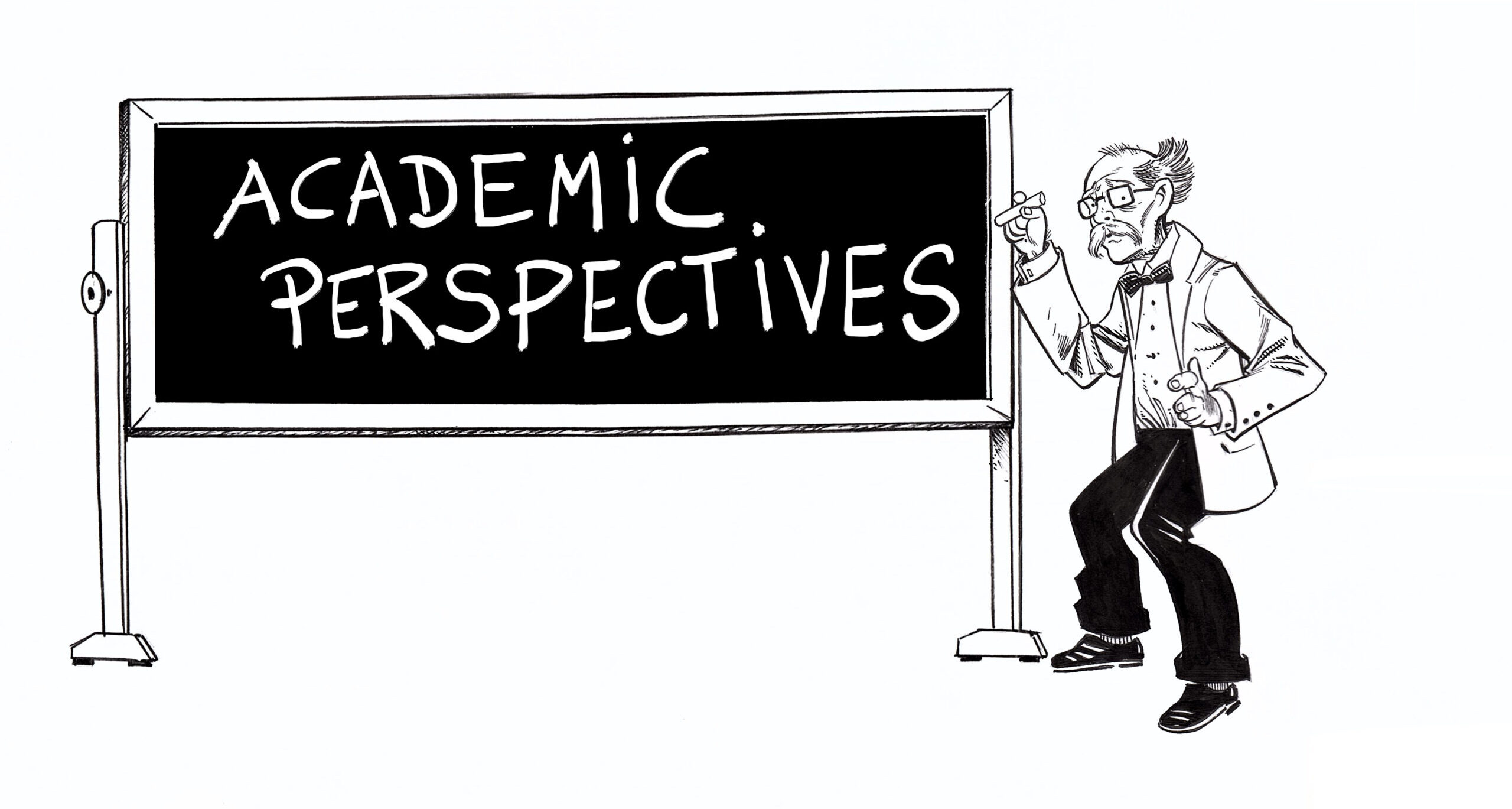Study by Veronica Vecchi, Angelo Tanese, and Stephen Osborne.
These authors of this paper assert that the P3 approach to infrastructure delivery is under attack. They point to the mixed evidence about the achievements of P3s and how the level of P3 activity has slowed down in countries where it has been used extensively over the last 20-30 years. In the UK, which has been the undoubted leader in P3-usage, the Private Finance Initiative (PFI) model of P3s has been discredited and is now no longer used for new project delivery.


